Allie Frey, mounted on her dark bay quarter horse, blocked out the clamor around her as she entered the arena during the Panola Rodeo. With focus and determination, she guided her horse through the tight turns of the barrel race and secured a 9th-place finish in the short round.
An agricultural communications and journalism junior, Frey serves as the secretary of the Texas A&M Rodeo Team, a group formed in 1919 that played a key role in founding the National Intercollegiate Rodeo Association, or NIRA. An Aggie — Charlie Rankin, Class of 1950 — was the group’s first president.
“The selfless and humble giving of our leaders has been the most critical role to help A&M Rodeo put out their brand,” Frey said.
What started as a small team of just eight to 10 students with limited funds grew into a program of over 50 members and more than $2 million in scholarships. Today, Aggie Rodeo is one of the largest teams in the Southern region of the NIRA.
“Our legacy stems back to our forever coach, Dr. Al Wagner,” Frey said. “He opened doors for countless students to pursue their passion for the sport of rodeo and inspired students to grow academically, and that has been a foreshadow of our entire legacy.”
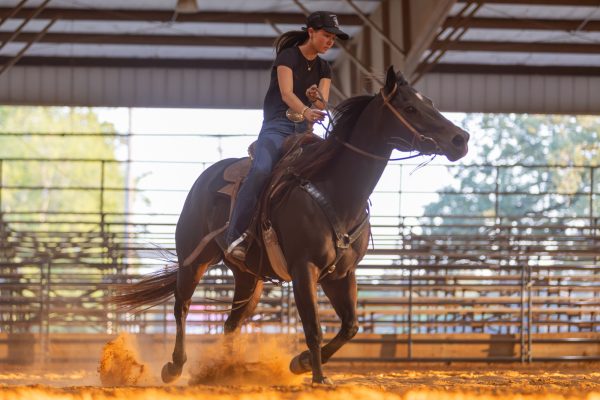
Al Wagner, Ph.D., retired coach of A&M Rodeo and professor in food sciences, took over A&M Rodeo in 1995.
Wagner dedicated his time and expertise to his work as a volunteer coach, which played a pivotal role in the team’s development. One of his most significant contributions was facilitating the transition of the rodeo team into a division of the animal sciences department. Wagner said the change was crucial, as it established the team as a legitimate organization, created a sense of belonging and opened doors to increased recognition and scholarship opportunities.
“There have been a lot of struggles over the years, such as raising scholarship money and providing the kids with travel funds, but it was all worth it in the end because we helped these rodeo athletes succeed,” Wagner said.
The mantle was officially passed from Wagner to Roger Hanagriff, Ph.D., an animal science professor, in 2024. For the first time in the team’s history, Hanagriff holds a paid coaching position thanks to an endowment within the animal science department — an opportunity that has allowed Hanagriff to combine his passions for both teaching and coaching.
Under Hanagriff’s leadership, the Rodeo Team emphasizes the importance of academics and maintains the team’s assertion that schoolwork always comes first.
“I tell the students at the beginning of every meeting that they are academic college students first,” Hanagriff said. “I want them to know how things line up: academics first and rodeo next.”
Beyond training for events and balancing academics, members dedicate time to caring for their horses and other livestock, ensuring the animals are healthy and ready for competition.
Students house their horses at facilities like the Flying Ace, a combined housing, barn and arena. Students often drive their own trucks and trailers to events, and last year, Hannagriff said they collectively invested over $180,000 in travel and entry fees to support their rodeo endeavors.
The resources available to the Aggie Rodeo Team have expanded significantly over the years, including access to facilities like the Dick Freeman Arena. Hanagriff said he also offers additional practice sessions at his home, located about an hour from College Station. There, he keeps calves and steers — his personal livestock — that the athletes use for practice.
“The most rewarding part is providing students with resources and watch[ing] them be successful in their academics and sport,” Hanagriff said. “I think the reward is playing the role in helping these athletes become great people in the future.”
Assistant coach and animal science graduate student Tyler Handley said the team began experiencing significant growth after the COVID-19 pandemic — a remarkable success, much of which he attributes to Rogers, whose support and vision was instrumental in revitalizing the program.
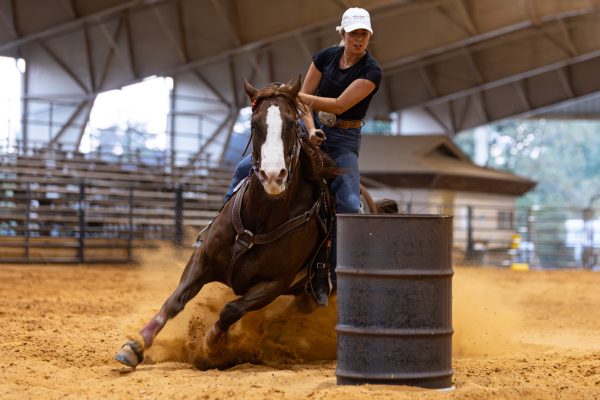
This surge in success has been reflected in individual achievements as well. At the 2024 College National Finals Rodeo, agricultural communications and journalism senior Madalyn Richards claimed the breakaway roping title while the women’s team secured third place overall. Animal science senior Gavyn French also made his mark, finishing fifth in the nation.
“These kids are just a small set of examples of students that took care of business in the arena but also in the classroom,” Hanagriff said. “The two go hand in hand, and academics is about taking care of business just as much as sports is.”
Business administration sophomore and barrel racer Abi DePriest said one of her favorite things has been being able to compete at a national level and knowing that her team always stood out academically.
“Being able to just focus on your academics and learn more about the sport you’re interested in has been important to the team for years,” DePriest said. “If this doesn’t work out, you do have your academics and degree to fall back on.”
The team meets twice a week for workouts. Every Tuesday and Thursday at 6 a.m., members gather for conditioning sessions, keeping themselves physically prepared for the rigors of rodeo competition.
“I’ve thoroughly enjoyed our early morning workouts because they are a chance for us to come together under the same roof,” DePriest said.
Time management was key for DePriest and her roommate, finance sophomore Biloxi Shultz, as they roped in their hectic schedules. Both roommates saddled up for their days as early as 4:45 a.m., balancing their classes with the responsibilities of caring for their horses.
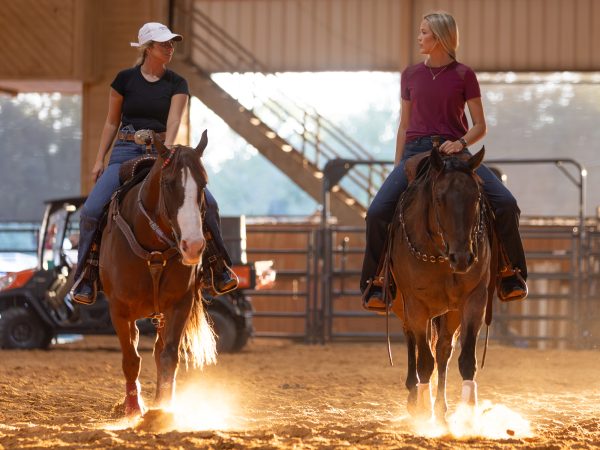
With a full plate of academic and rodeo commitments, planners and Google Calendars became their trusty lasso, keeping them organized and on track throughout the day.
“A lot of us come to A&M for a really good degree, and we’re super passionate about our education and rodeo,” Shultz said. “Joining this team prepares you for the future and gives you a glimpse into adulthood.”
Wagner said 95% of its members successfully completed their degrees while also competing in rodeo.
The goal for the team is to continue to build financial resources to support the student-athletes. They have partnered with Learfiel marketing to grow their brand.
“I look back at how we got here, and it does make you think, ‘Wow, we’re just destined to be here at A&M,’” Hanagriff said. “The team is destined to be here. It had so many reasons it could have failed, but it didn’t.”


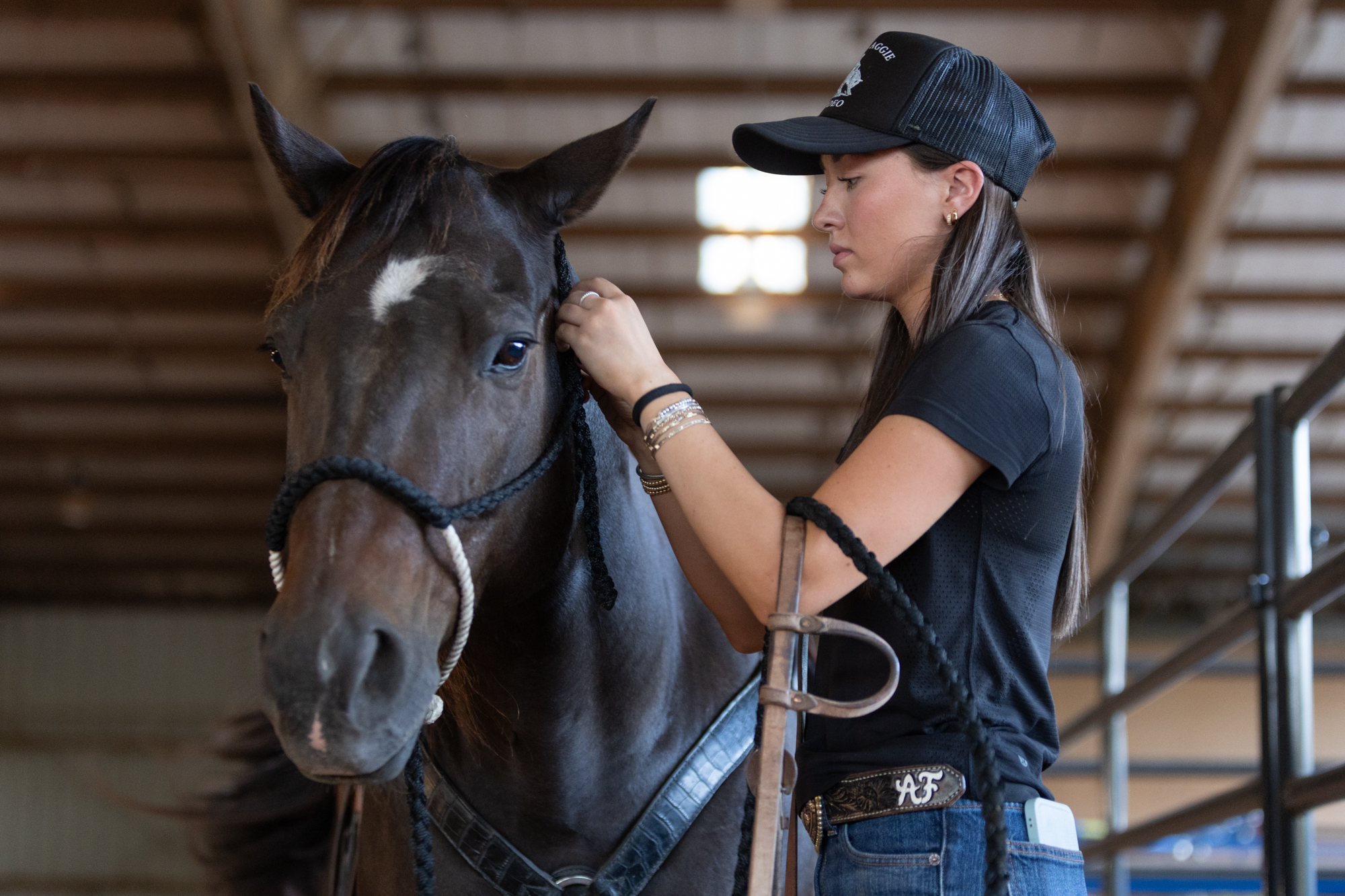
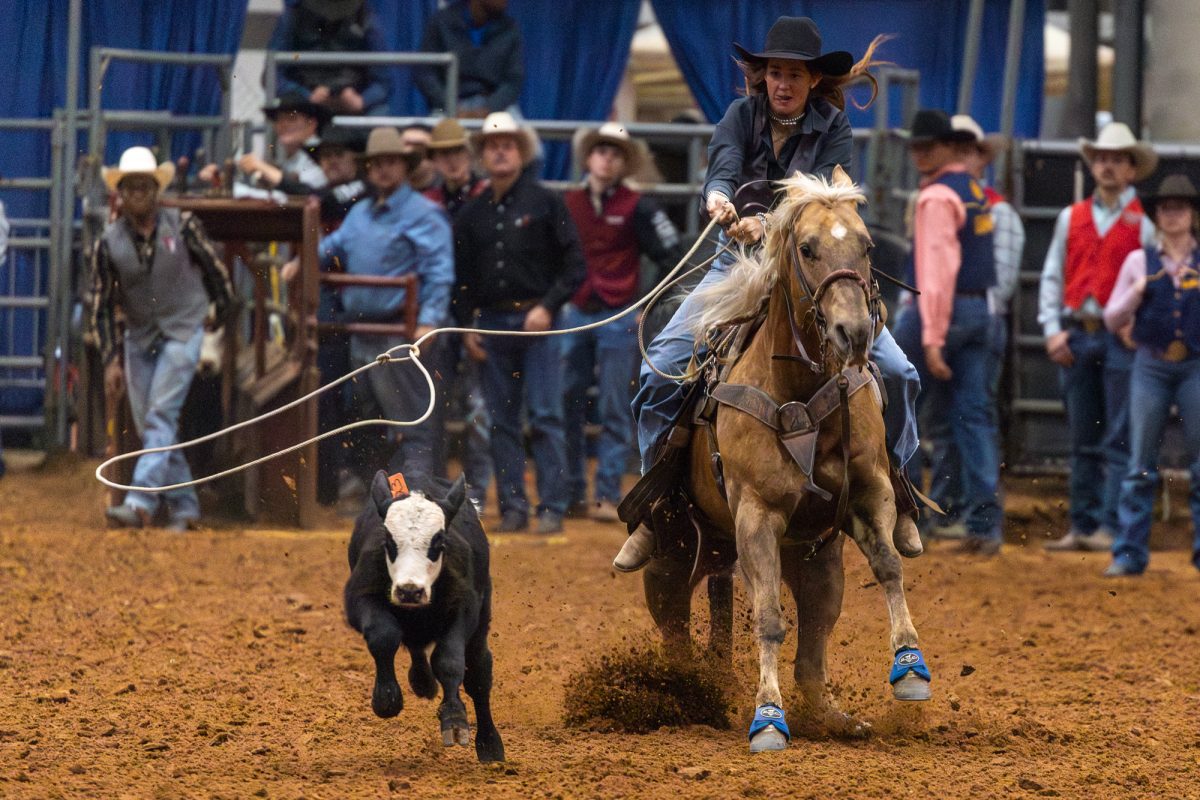
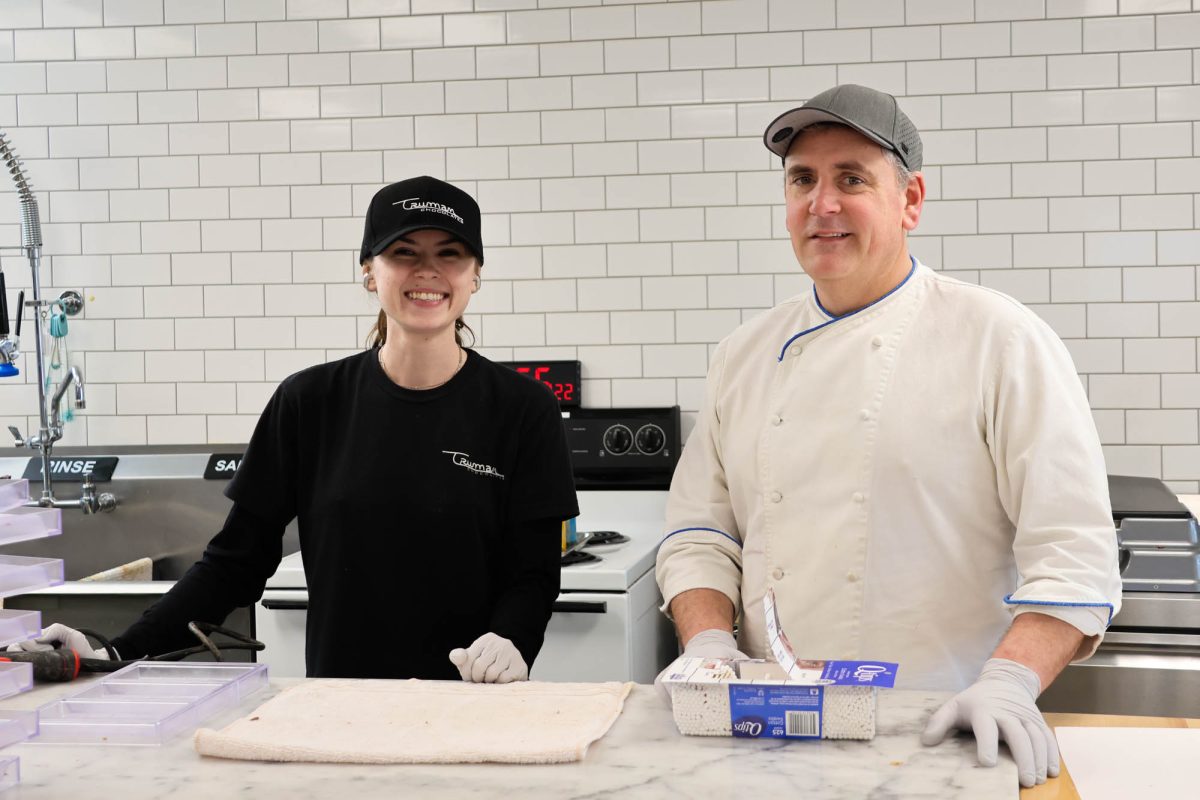
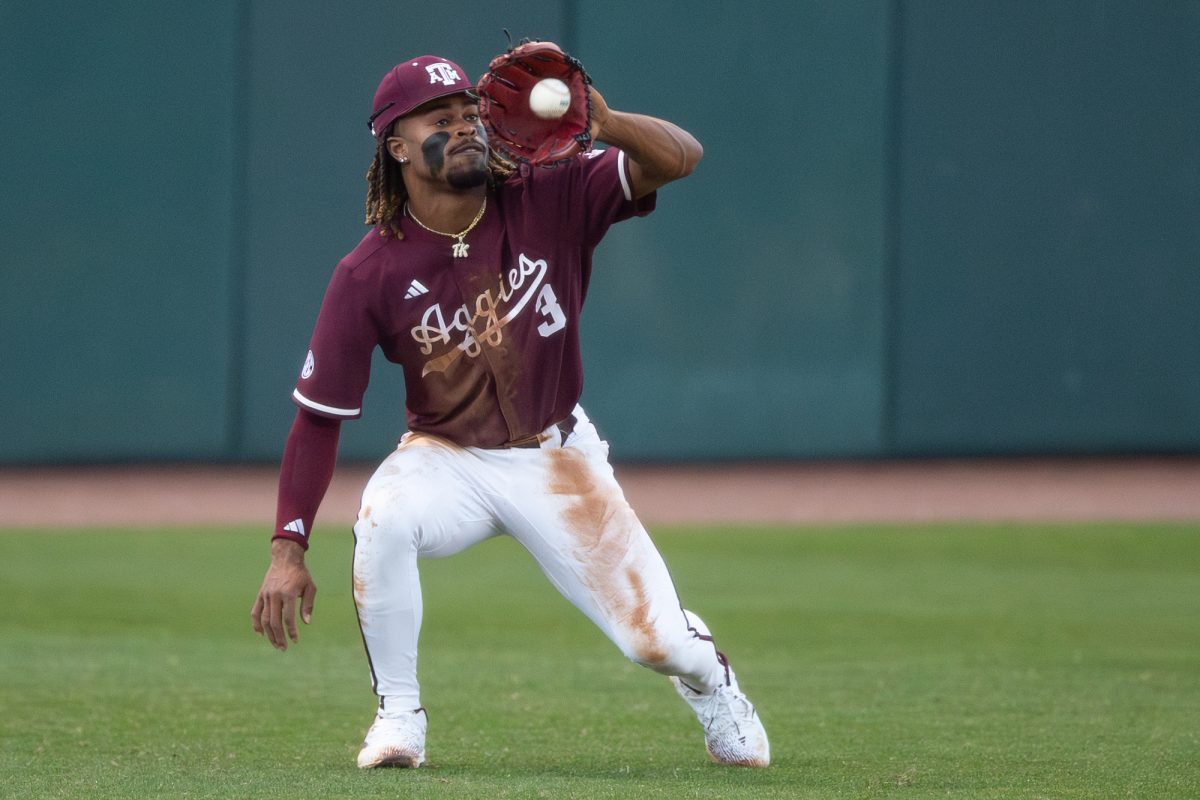
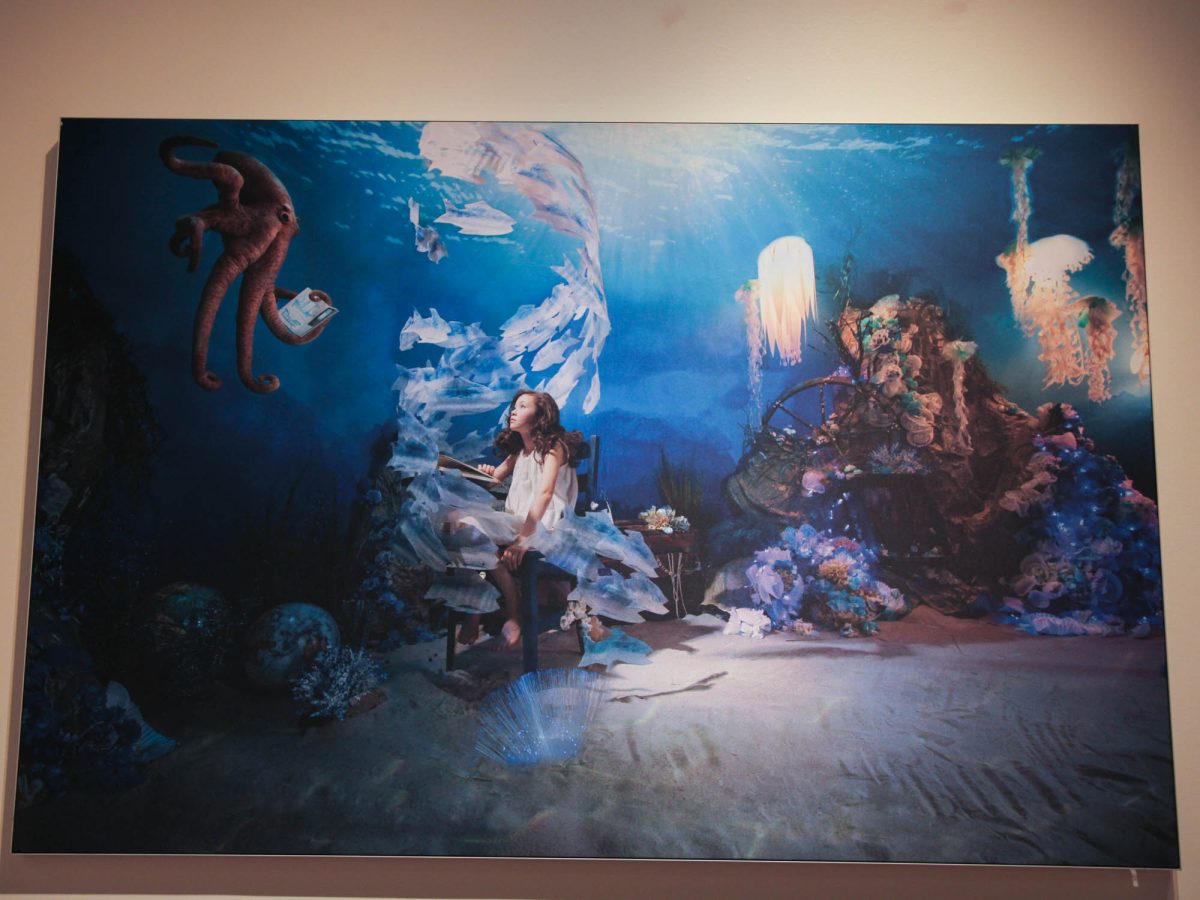
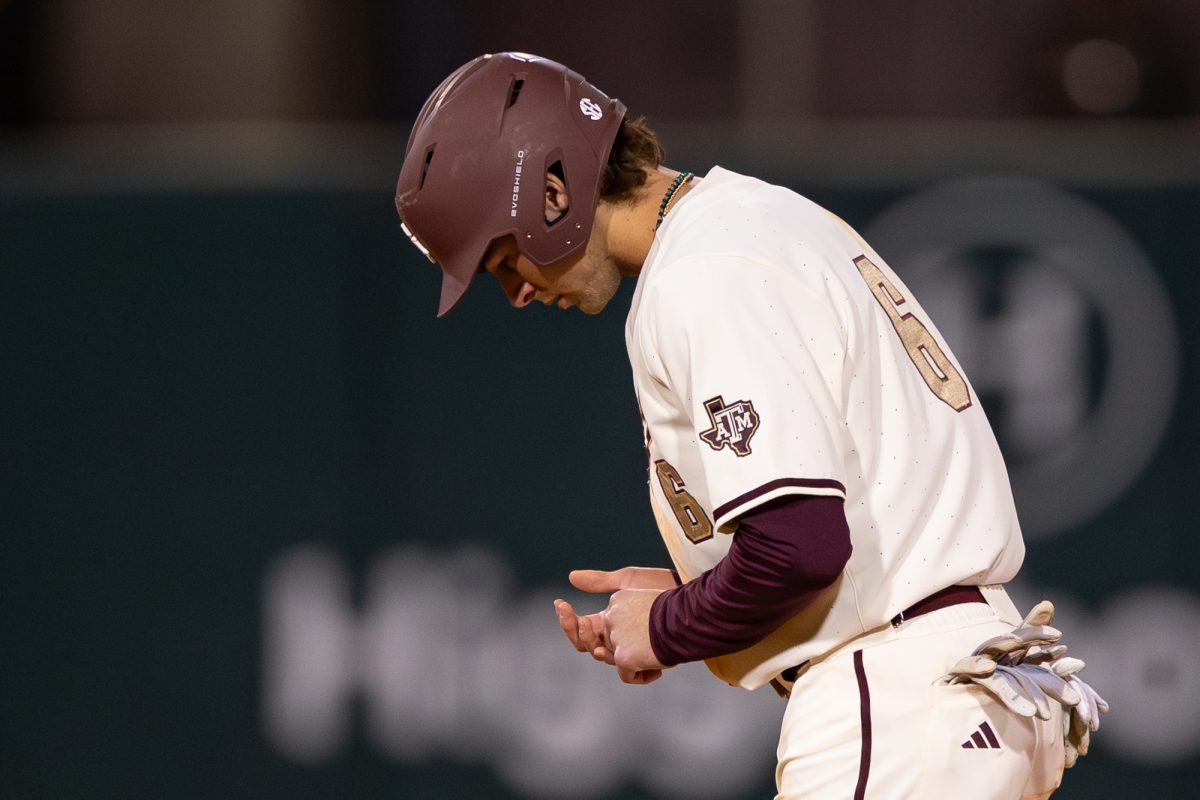
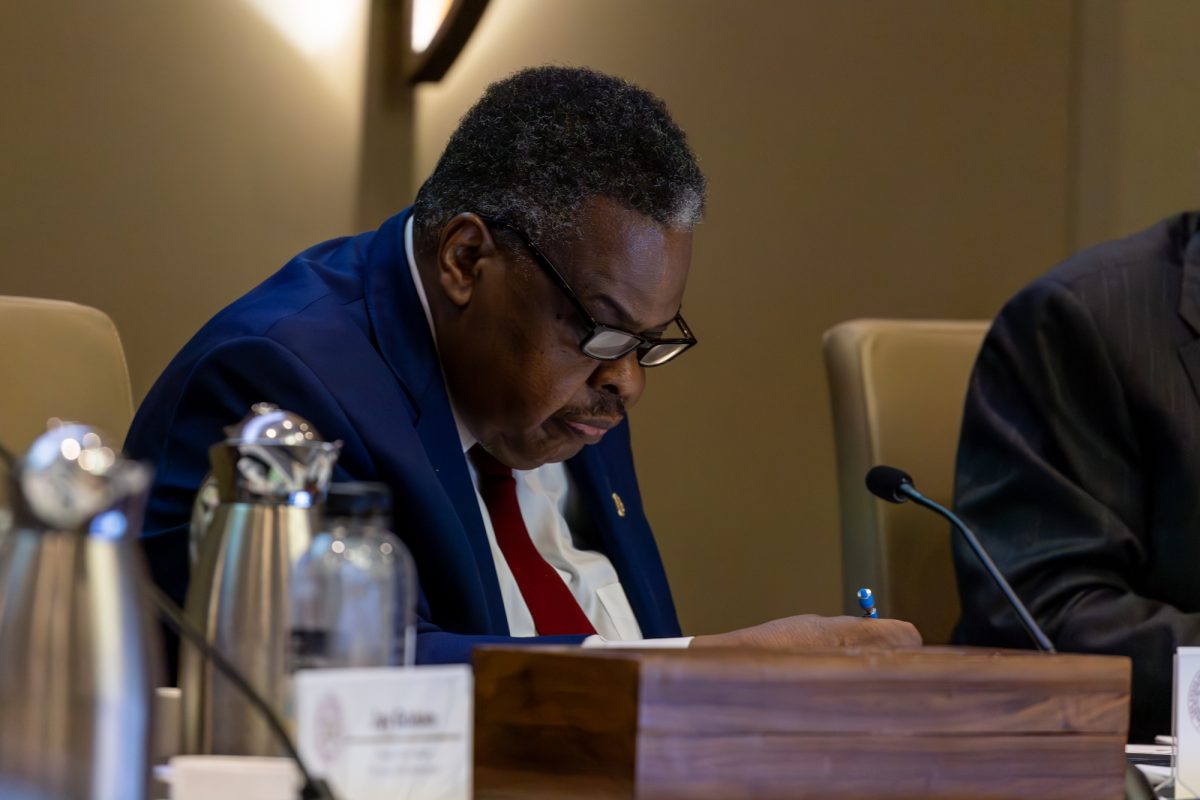
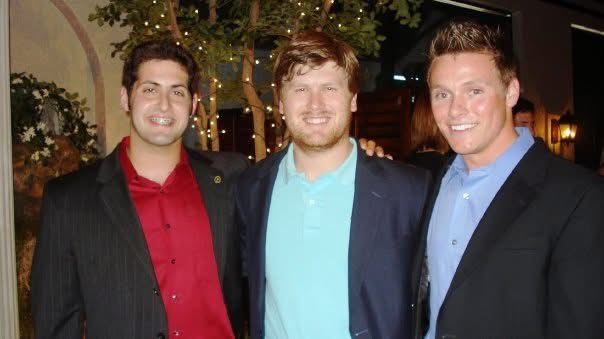
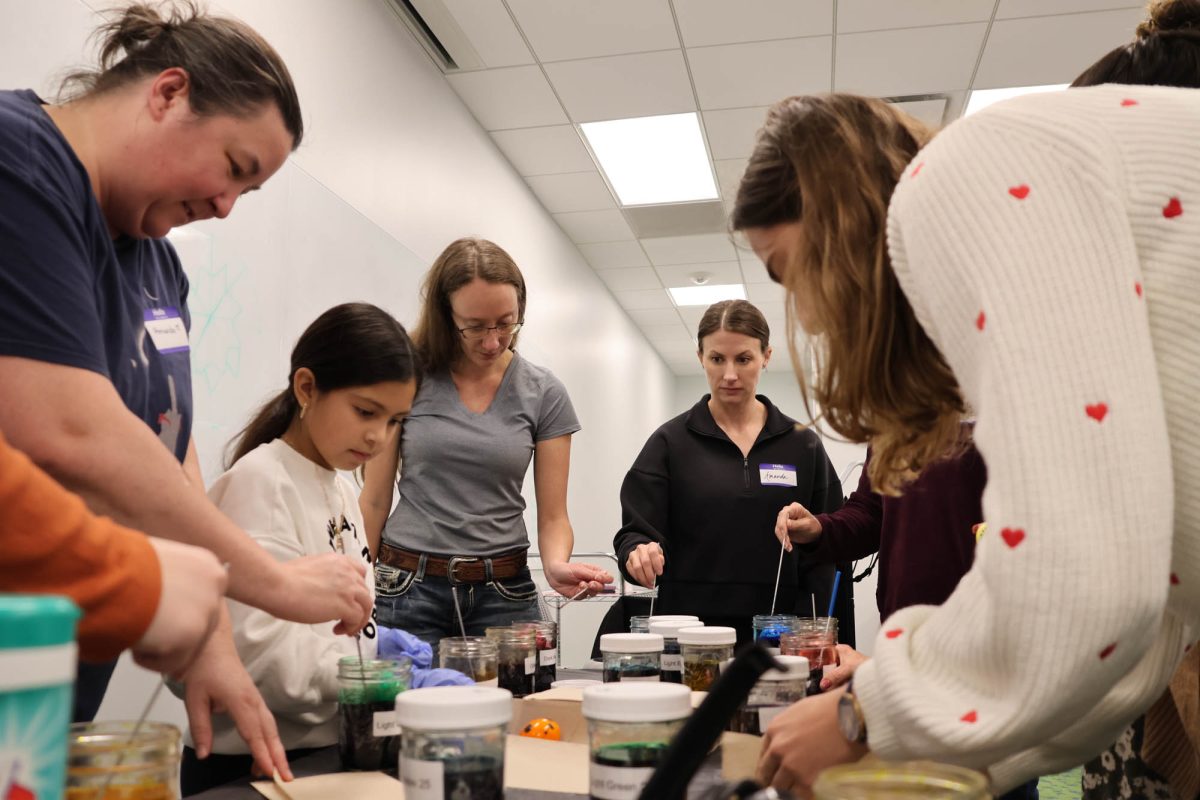
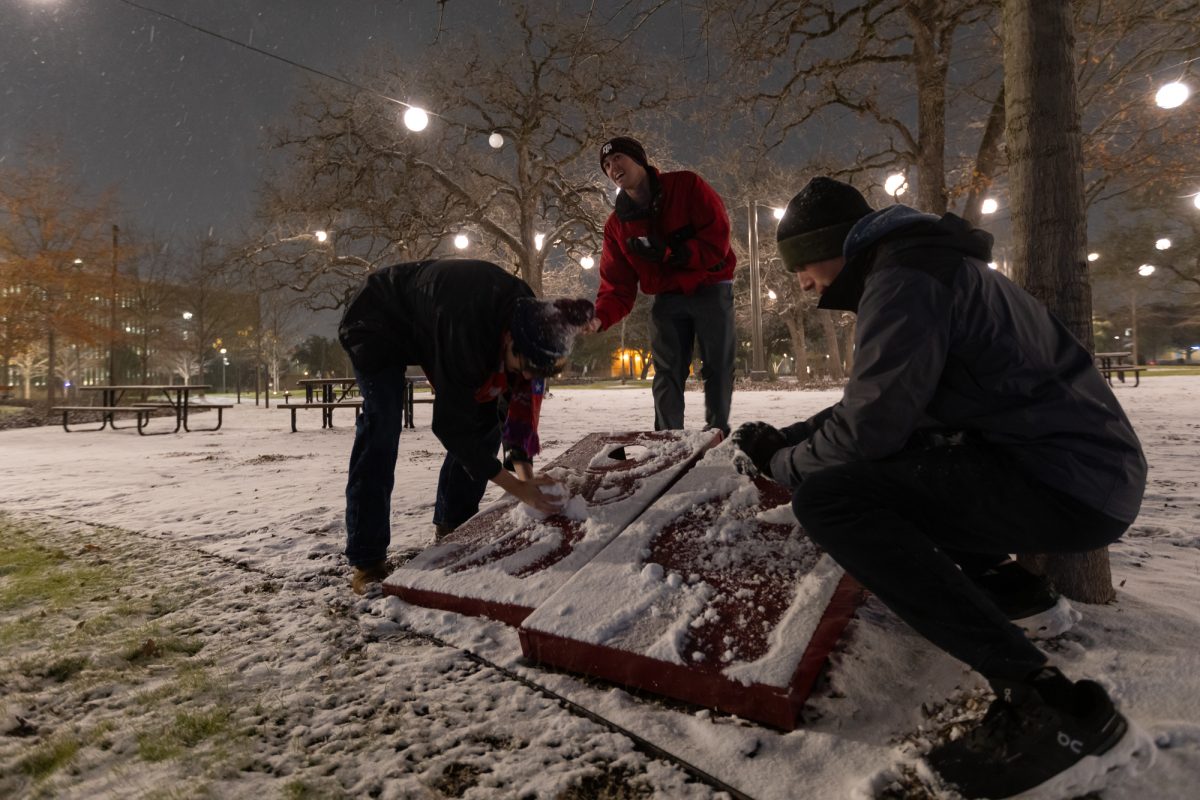
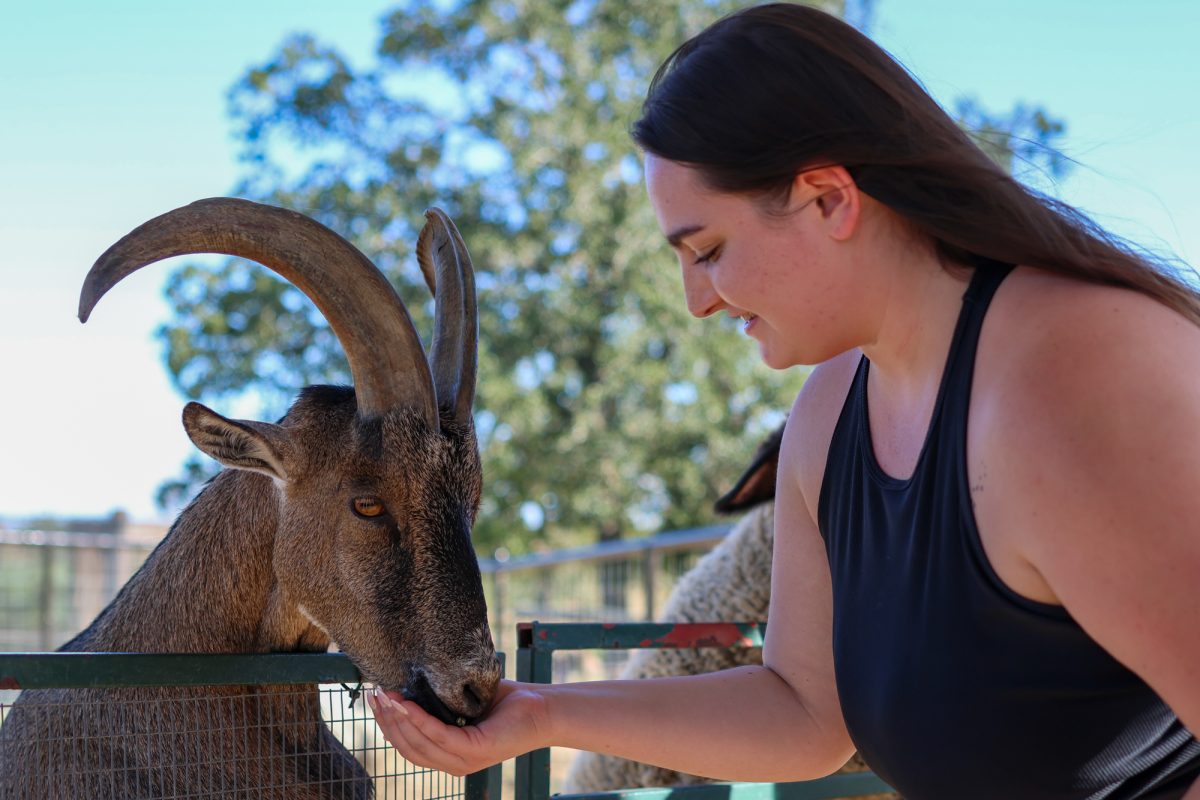
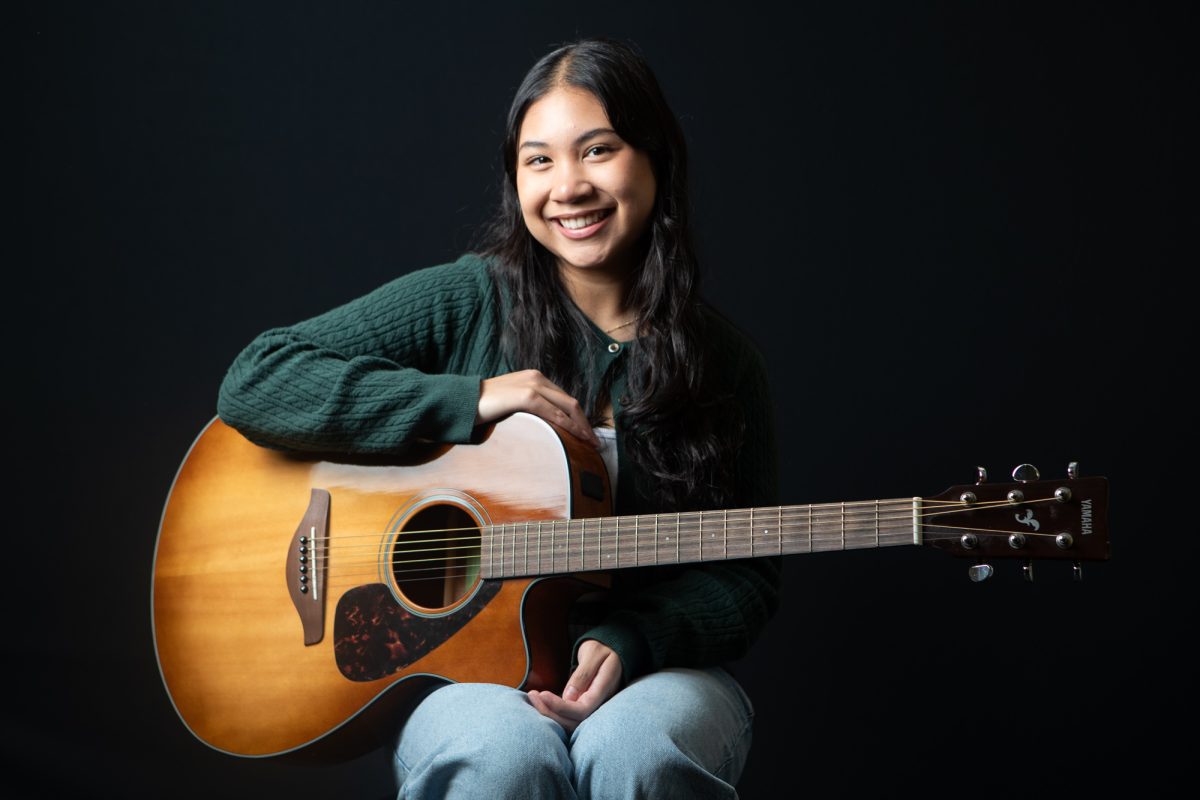
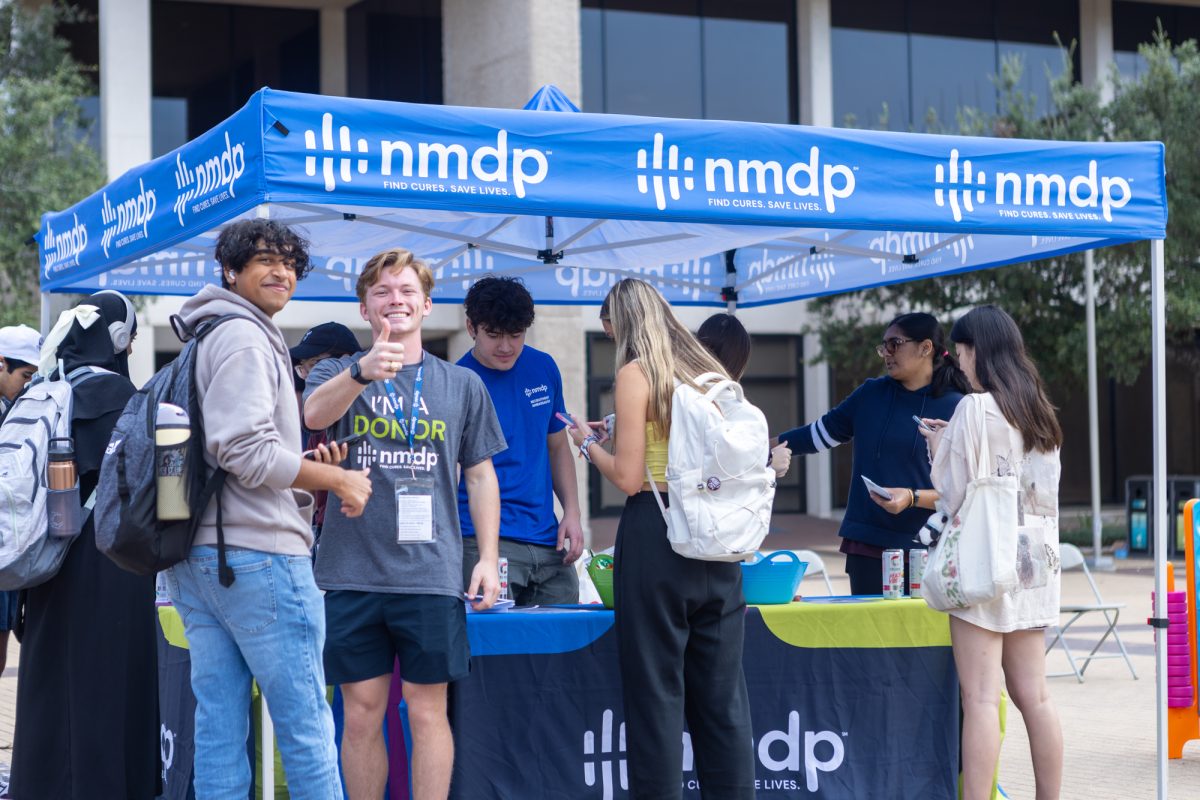
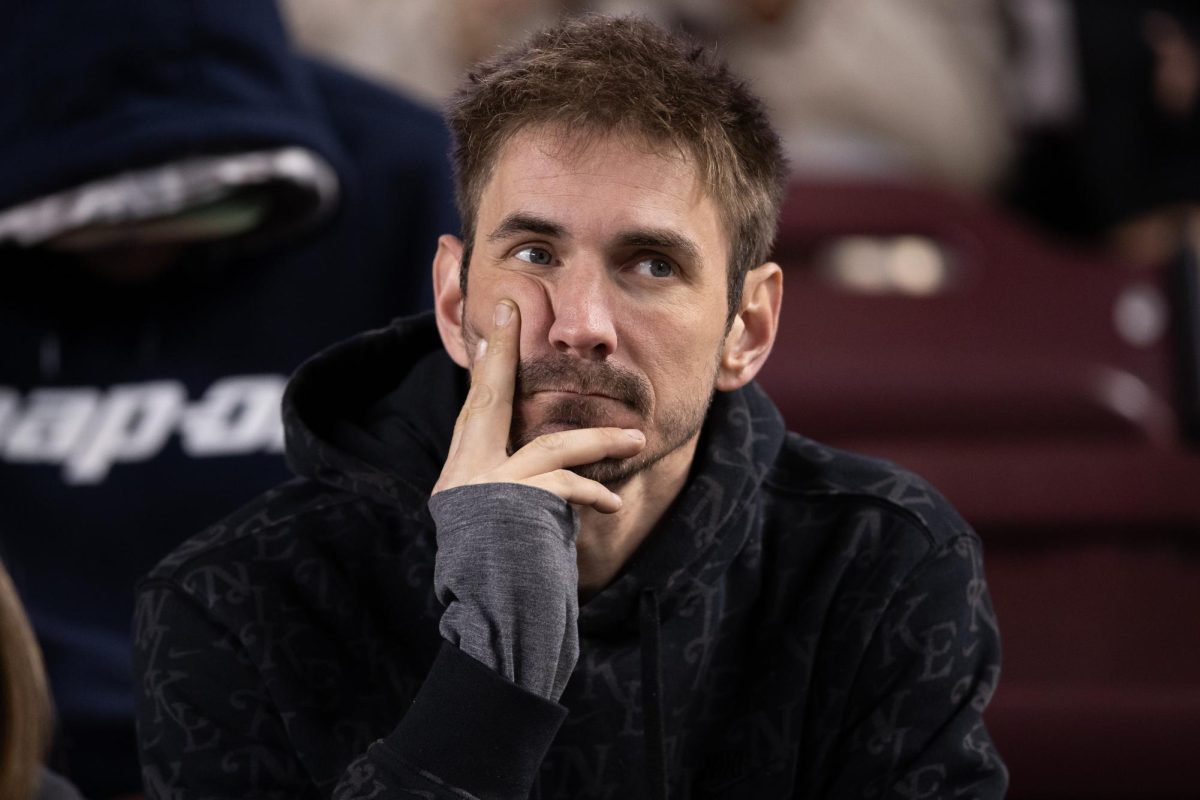
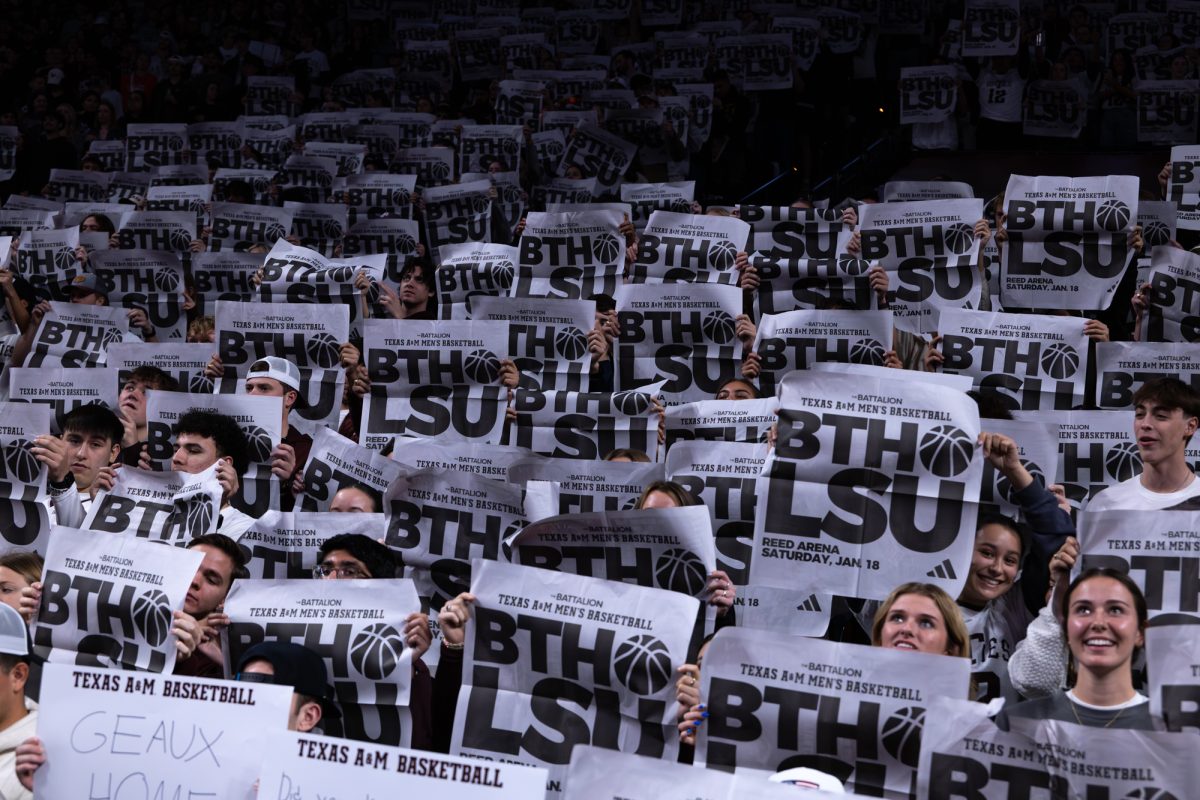
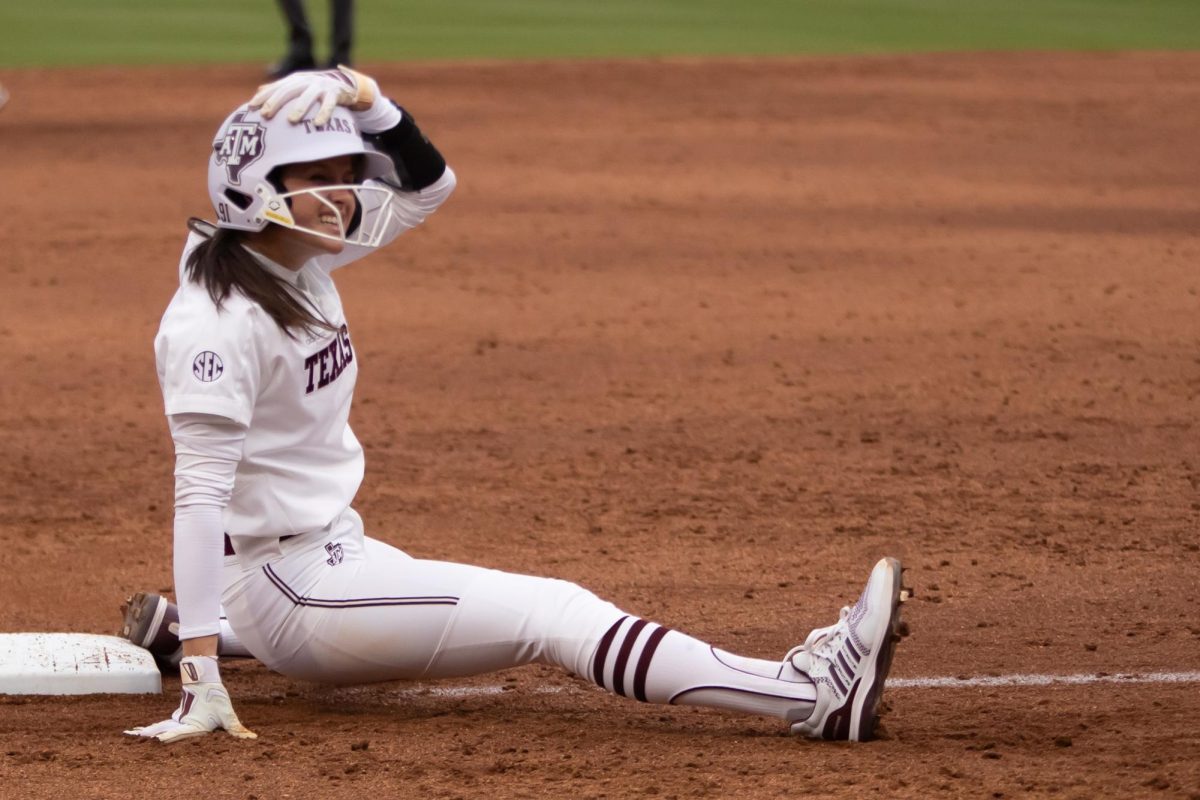
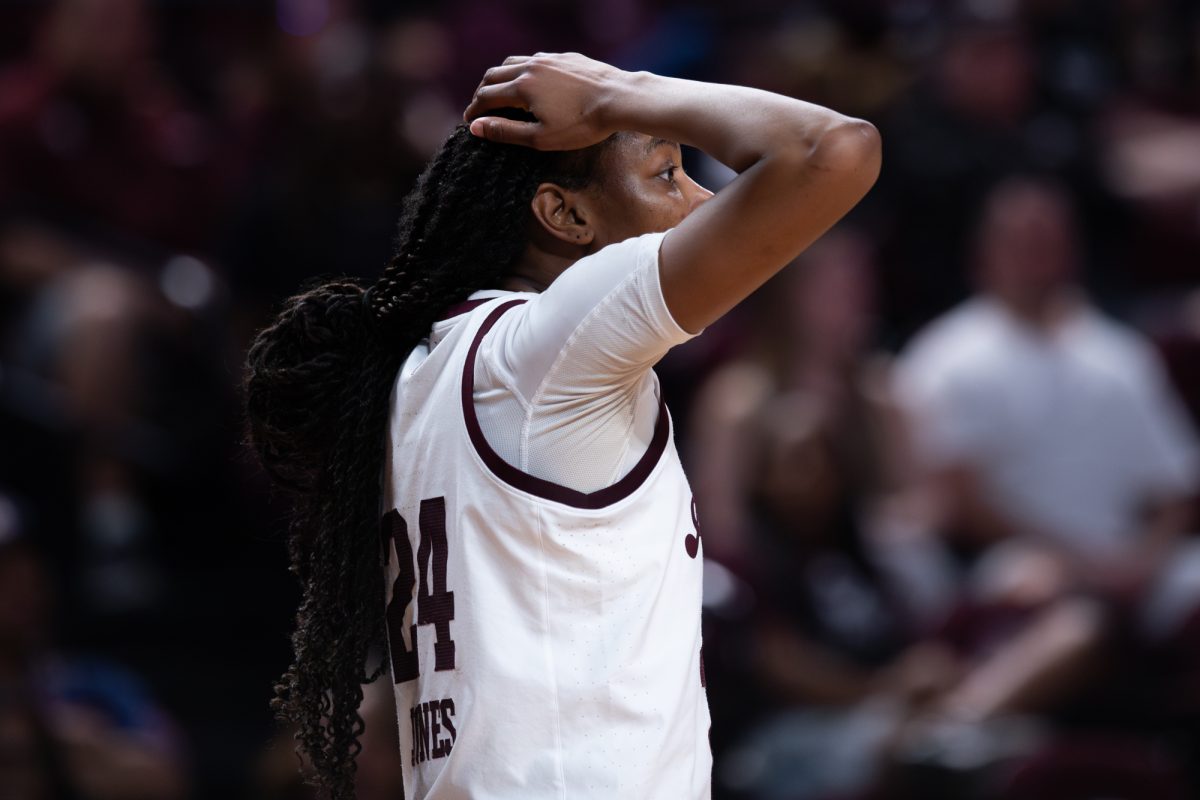
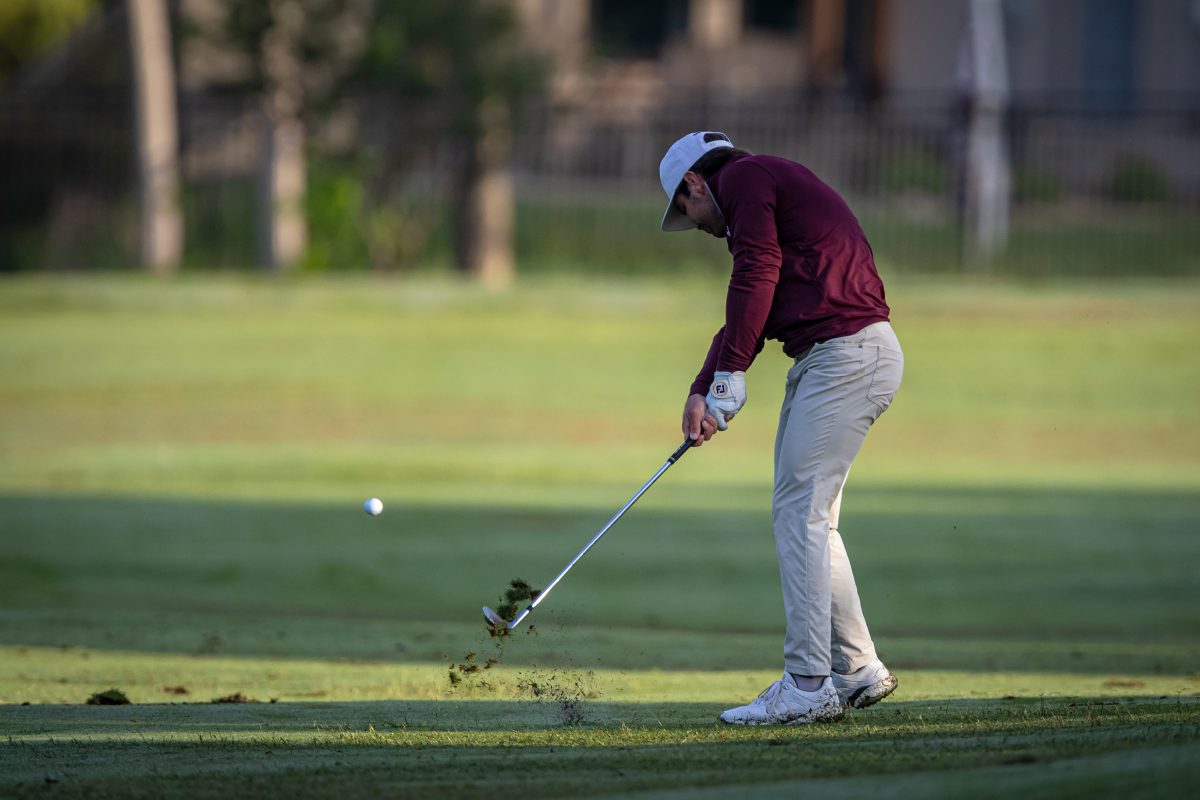
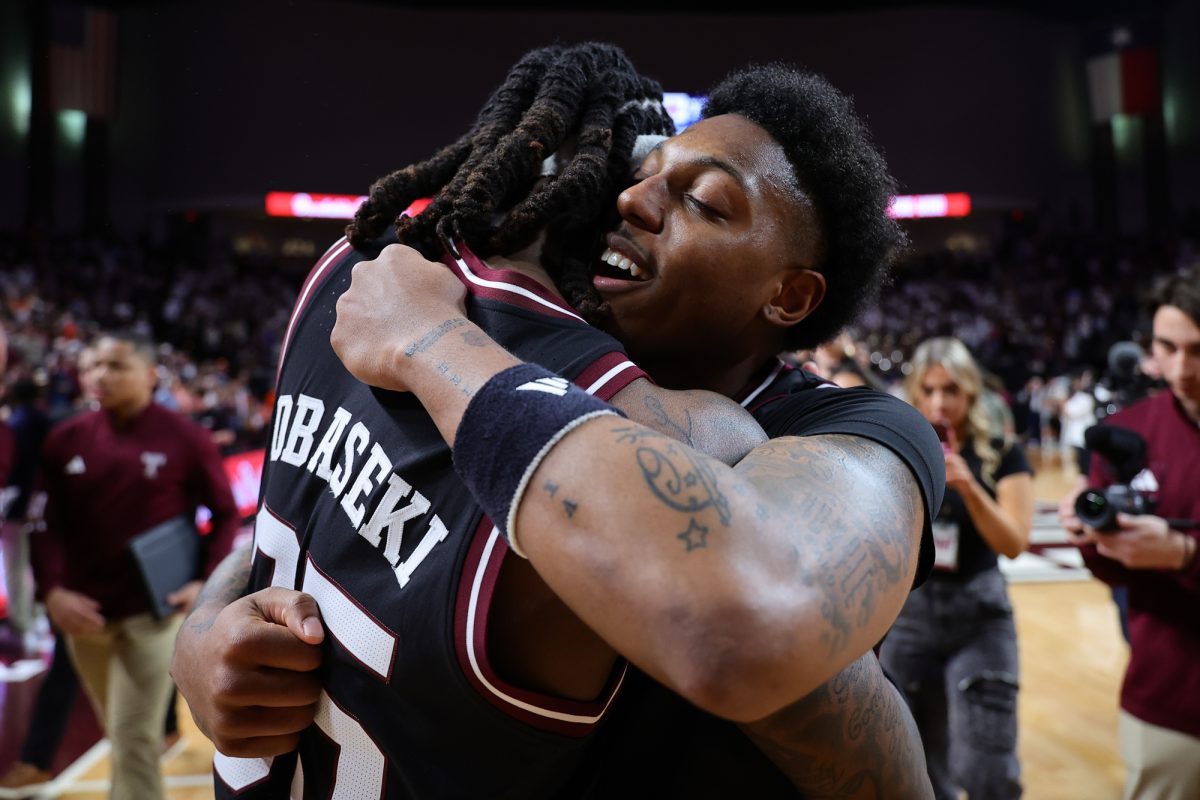
Dee shultz • Oct 11, 2024 at 10:20 pm
So proud of all these students. It’s a long road ahead of them but with this kind of leadership snd determination I am confident of each of their successes.